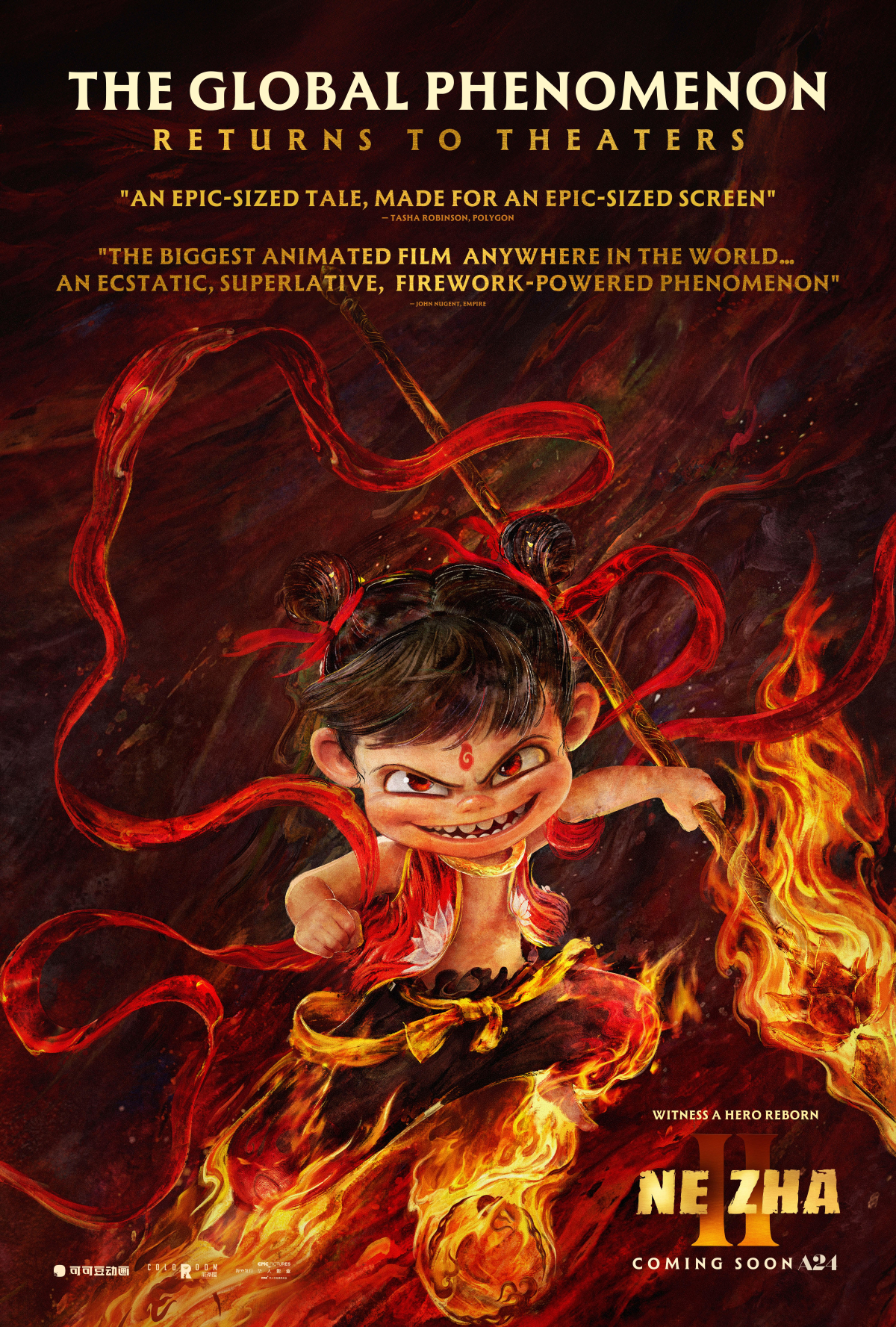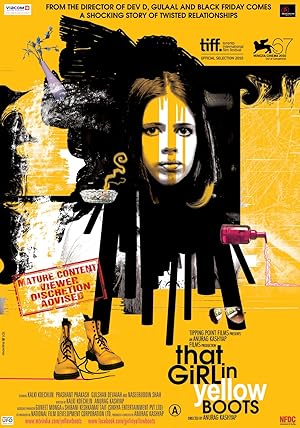|
|
Latest Articles
|

Torrent Description
Category: Misc. Non-fiction, Political
Language: EnglishKeywords: Africa Colonial Essays Language Linguistics Philosophy Social Justice Written by NgÅ©gÄ© wa Thiongâo Read by Benjamin A. Onyango Format: M4B Bitrate: 64 Kbps Unabridged NgÅ©gÄ© wa Thiong’o was a towering figure in African literature, and his novels A Grain of Wheat; Weep Not, Child; and Petals of Blood are modern classics. Emerging from a literary scene that flourished in the 1950s and ’60s during the last years of colonialism in Africa, he became known not just as a novelistâone who, in the late ’70s, famously stopped writing novels in English and turned to the language he grew up speaking, GÄ©kÅ©yÅ©âbut as a major postcolonial theorist. In Decolonizing Language and Other Revolutionary Ideas, NgÅ©gÄ© gives us a series of essays that build on the revolutionary ideas about language and its constructive role in national culture, history, and identity that he set out in his earlier work. Intricate and deeply nuanced, this collection examines the enduring power of African languages in resisting both the psychic and material impacts of colonialism, past and present. A brave call for discourse and immensely relevant to our present moment, Decolonizing Language and Other Revolutionary Ideas works both as a wonderful introduction to the enduring themes of NgÅ©gÄ©’s work as well as a vital addition to the library of the world’s greatest and most provocative writers. Length: 5 hrs and 32 mins Release date: 07-29-25 NgÅ©gÄ© wa Thiong’o was a towering figure in African literature, and his novels A Grain of Wheat; Weep Not, Child; and Petals of Blood are modern classics. Emerging from a literary scene that flourished in the 1950s and ’60s during the last years of colonialism in Africa, he became known not just as a novelistâone who, in the late ’70s, famously stopped writing novels in English and turned to the language he grew up speaking, GÄ©kÅ©yÅ©âbut as a major postcolonial theorist. In Decolonizing Language and Other Revolutionary Ideas, NgÅ©gÄ© gives us a series of essays that build on the revolutionary ideas about language and its constructive role in national culture, history, and identity that he set out in his earlier work. Intricate and deeply nuanced, this collection examines the enduring power of African languages in resisting both the psychic and material impacts of colonialism, past and present. A brave call for discourse and immensely relevant to our present moment, Decolonizing Language and Other Revolutionary Ideas works both as a wonderful introduction to the enduring themes of NgÅ©gÄ©’s work as well as a vital addition to the library of the world’s greatest and most provocative writers. Length: 5 hrs and 32 mins Release date: 07-29-25 
|
Home - Browse Torrents
ExtraTorrent.st is in compliance with copyrights
2025 ExtraTorrent.st













